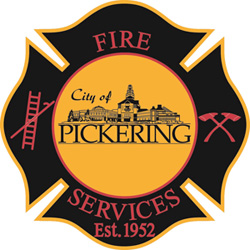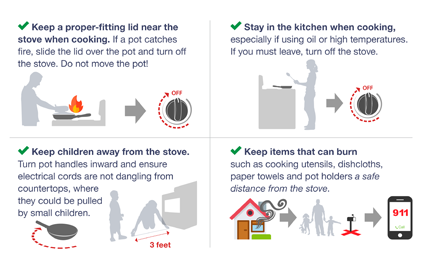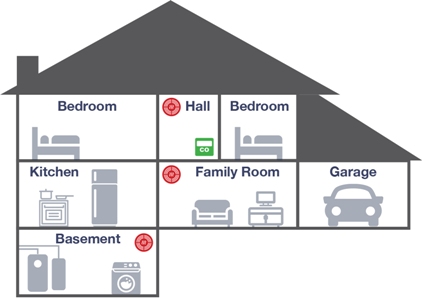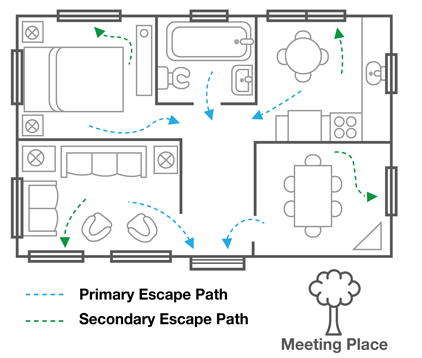The use of open-air burning appliances is not permitted in Pickering and is enforceable under Ontario Fire Code, Division B, Sentences 2.4.4.4.(1) and (2).
This includes commonly sold outdoor style fireplaces such as:
- "Back Yard Max" (a steel firebox with a screen opening and short vent stack)
- "Chimnea" (a large clay fire pot with an opening for a fuel load and short vent stack)
Violating the Ontario Fire Code can result in a maximum fine of $50,000, 1 year in jail, or both.
Outdoor Natural Gas and Propane Fire Pits
An alternative option for an outdoor fireplace is a natural gas/propane fire pit. These are CSA/ULC approved and come with artificial logs and produce an actual flame.
The Ontario Fire Code regulates solid fuel burning appliance use and general fire safety. Gaseous fuel burning appliances are regulated by the Technical Standards & Safety Authority (TSSA). TSSA's Fuels Safety Program administers the Technical Standards & Safety Act 2000, providing fuel-related safety services associated with the safe transportation, storage, handling and use of hydrocarbon fuels (such as gasoline, diesel, propane and natural gas).










 Smoke Alarm
Smoke Alarm  Carbon Monoxide Alarm
Carbon Monoxide Alarm